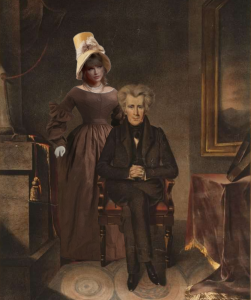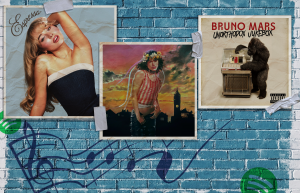Once upon a time, there was a thing called indie culture. In the ’90s, it meant you listened to Pavement and Pixies, talked about how Sonic Youth changed your life and organized your schedule around “Twin Peaks.” It was an inclusive society, full of obscure references to bands, movies and books that no one knew and no one on the outside cared about.
Then came the new millennium.
Suddenly, the line between what was underground and what was popular culture was blurred. Formerly obscure bands appeared on commercials or signed to major labels, independent film increasingly appeared to be financially viable to studios and valid in the public eye, and television executives began to bet on more experimental shows.
How did this happen? When did culture change so it’s normally obscure and avoided avenues of culture became embraced?
Naturally, the Internet had a lot to do with it. Suddenly, people had access to information on new bands, new movies and culture that they never would have experienced before. Not everyone was going to look this kind of thing up though. There were bigger forces at work.
And the mother of it all was “Garden State.”
Love it or hate it, “Garden State” introduced a huge chunk of alternative culture to the mainstream. Zach Braff took ecstasy, Natalie Portman acted like a manic pixie and everyone talked about The Shins. What was once niche culture was now on display for everyone to see. The movie was a critical darling and won a Grammy for its soundtrack.
In the same way, there’s “Juno,” another snappy coming-of-age story that came from nowhere to earn critical acclaim. Suddenly, every movie viewer thought it was OK to replace character depth with endless quirk.
Once again, the soundtrack remained a standout with “Anyone Else But You,” by the Moldy Peaches, quickly becoming a favorite. Seeing a band that used to sing about downloading porn, watching “ThunderCats” and doing cocaine appear on every girl’s iPod was certainly a defining moment of the changing line between underground and mainstream.
Maybe one of the biggest moments of the break came when both Death Cab for Cutie and Modest Mouse left their independent labels and signed with powerhouses Atlantic and Epic Records, respectively. Both bands had long been recognized as underground heroes, capable of selling records as well as releasing music of exceptional quality, and the move prompted some questioning from fans.
However, both groups have used their new labels to bring their music to new listeners. Death Cab for Cutie was nominated for two Grammys for their latest album and Modest Mouse’s latest disc reached No. 1 on the Billboard Hot 100.
As far as singers go, Leslie Feist was one of the first artists to really break from formerly indie roots. She had long been a member of the Canadian indie super group, Broken Social Scene, and had recorded other solo albums, but in 2007 she had an out-of-nowhere-hit with “1234,” a bouncy pop melody with an infectious, sequin-filled dance video. The song was used in an iPod commercial and download sales skyrocketed.
Feist became a household name, appearing on magazine covers and being named an artist to watch. For one brief moment, an indie heroine had entered into the mainstream, but since she has recorded songs with Grizzly Bear and Wilco, rejoined her old band and faded back out from public consciousness.
If there were ever a crossover artist that defined the decade, it would have to be M.I.A. Although she was lauded critically for her 2005 debut, “Arular,” no charting success came. Even “Kala” failed to sell in 2007 despite massive critical applause.
That all changed after the “Pineapple Express” trailer.
Suddenly everyone knew “Paper Planes,” and it was everywhere. It was impossible to get away from the song. It escaped the trailer, was stripped of its meaning and quickly became a sort of party anthem for the summer of 2008.
Although the line between what is mainstream and what is underground has been changed in the last decade, there is nothing to fear or hate about this shift. There has still been fantastic independent films, great virtually unknown bands and there will still be many great cult television shows.
If this last decade was any indicator, the next 10 years will be another fantastic era for pop and underground culture.




